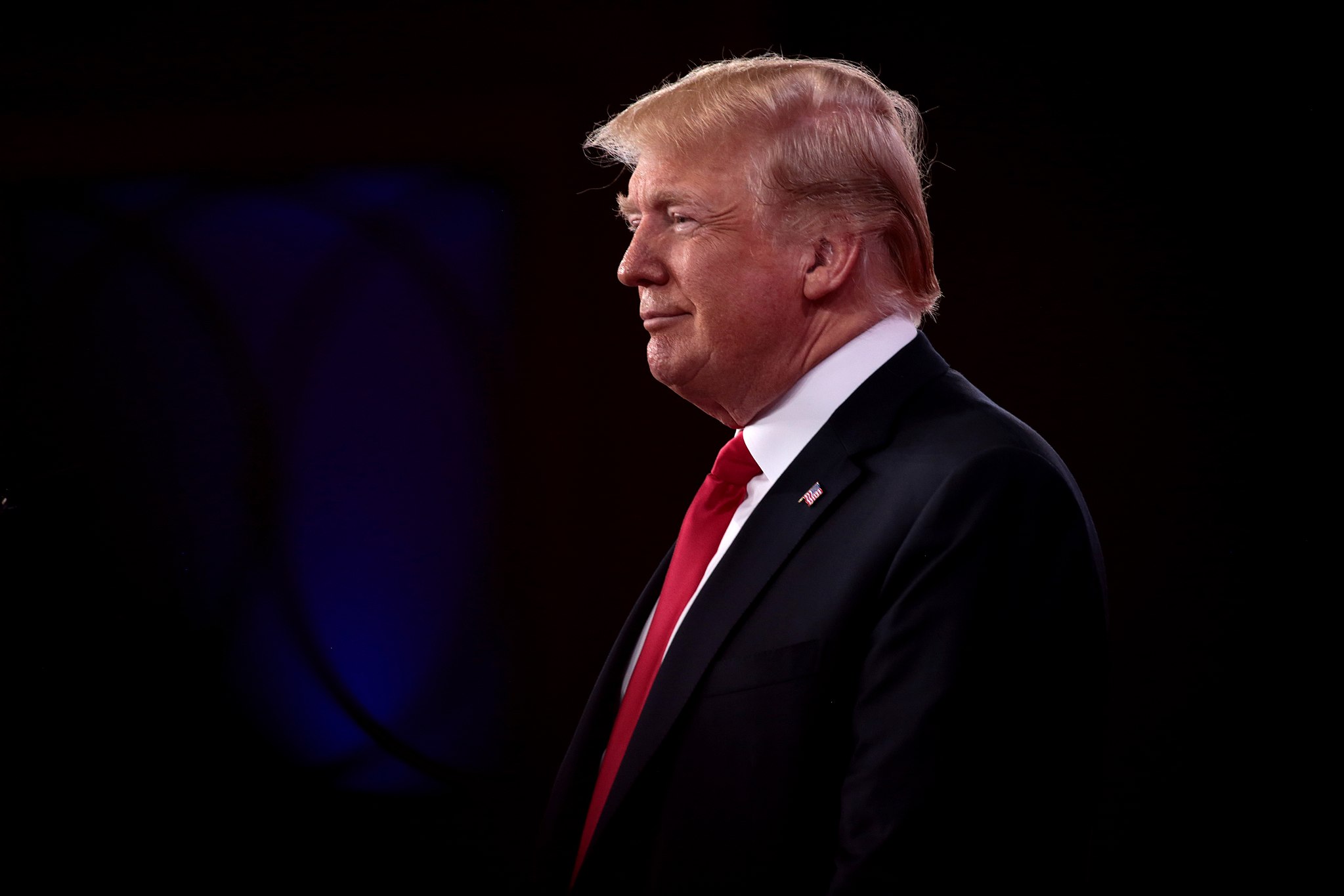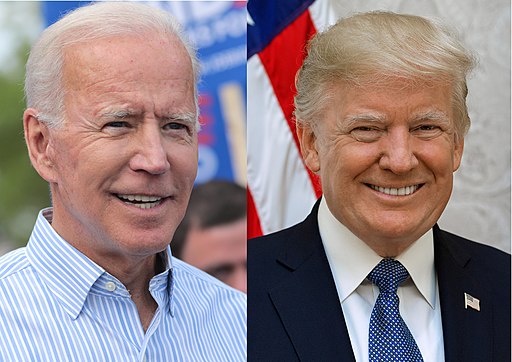The employment contract for a multitude of unionized health care professionals spanning five states and Washington, DC, is on the verge of ending this Saturday night. This could potentially lead to the most significant health care walkout ever witnessed in the US.
Over 75,000 health care staff, associated with numerous Kaiser Permanente centers, have signalled their intent to strike from October 4 to October 7, unless an agreement is finalized.
Though top-level hospital staff, physicians, and registered nurses won’t be joining the strike, the service disruption might be felt by the patients of Kaiser Permanente, one of the premier non-profit health care institutions in the country.
The professionals considering the strike, from states such as California, Colorado, Oregon, Washington, Virginia, and DC, are affiliated with a union conglomerate consisting of eight unions. Their roles span various health care supportive jobs, like nursing assistants, x-ray specialists, pharmacists, and optometrists, to name a few. This conglomerate speaks for roughly 40% of the entire workforce of Kaiser Permanente, as indicated by Renee Saldana from SEIU-UHW, the leading union in the consortium.
Hilary Costa, representing Kaiser Permanente, communicated on Thursday that although strides have been made in the discussions, she hopes the employees will not heed to strike requests. She emphasized that even if there’s a threat, it doesn’t signify an imminent strike, and they’re prepared to continue offering quality care if it transpires.
It’s projected that a brief strike might not dent Kaiser Permanente’s income stream. Differing from standard US health care models, members at Kaiser Permanente subscribe with membership fees. The health organization boasts 12.7 million members and runs 39 hospitals along with 622 clinics.
If there’s no breakthrough post the prospective October strike, SEIU-UHW intimates that they’re ready for an even more prolonged strike in November, in sync with another contract expiry in Washington, potentially bringing more members to the strike.
The union’s demands encompass general pay hikes, safeguards against job outsourcing, modifications to retirement medical benefits, and a strategy to confront the pressing staffing shortfall, which has burdened the workforce, as detailed on SEIU-UHW’s portal.
Saldana highlighted the strain on the workers, emphasizing their challenges during the pandemic and the subsequent financial pressures they face.
Recent updates reveal a significant gap in the negotiation stances. The union seeks a 6.5% pay increment for the initial two contract years, followed by a 5.75% hike for the subsequent years. In contrast, Kaiser Permanente proposes a 4% increase for the first two years and a 3% for the next pair.
Betsy Twitchell, from the union coalition, confirmed the continuation of the discussions with Kaiser Permanente’s leadership this Saturday, leading up to the late-night cutoff. She stressed the need for the company’s leadership to engage genuinely to address the staffing challenges.

